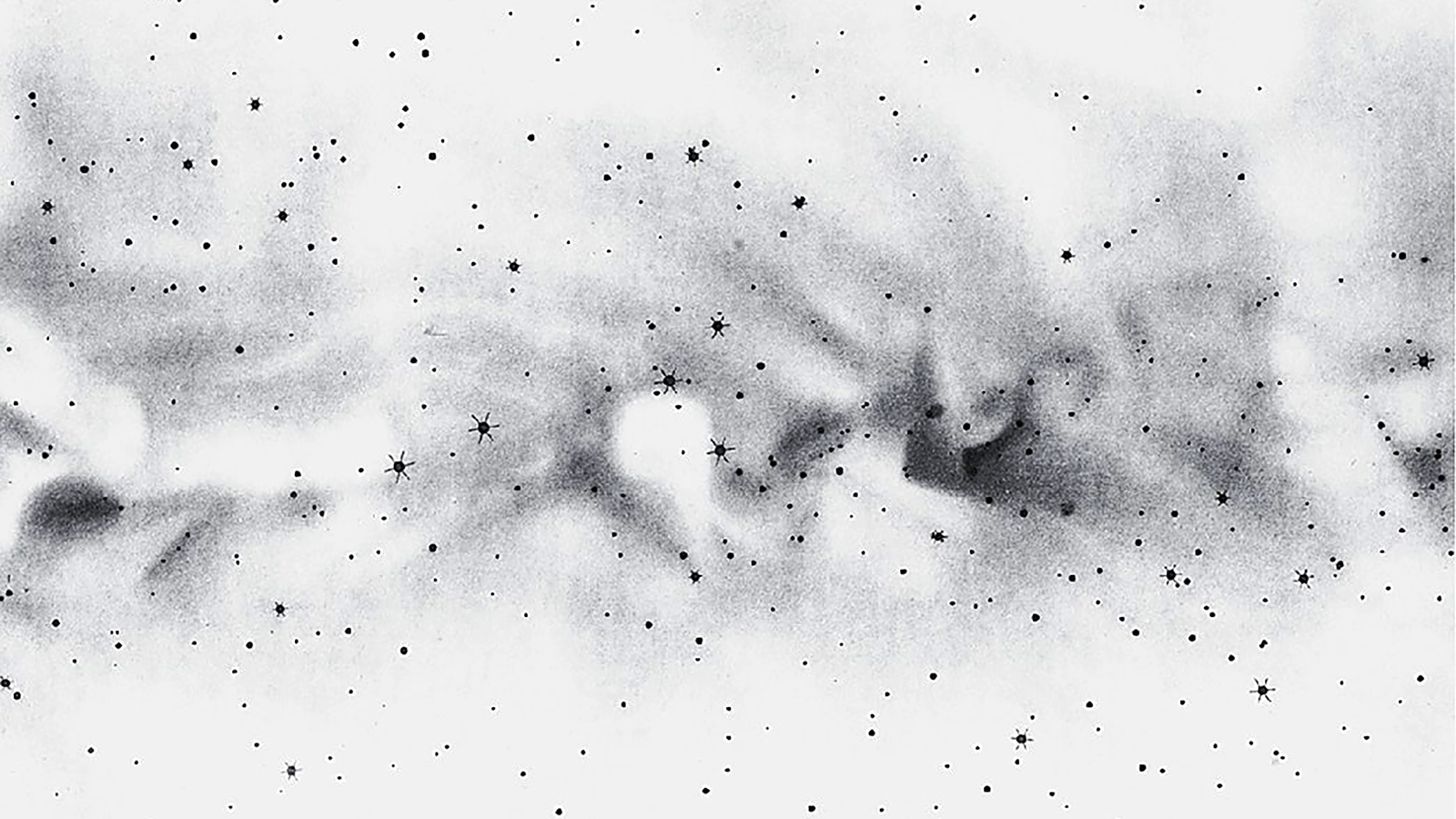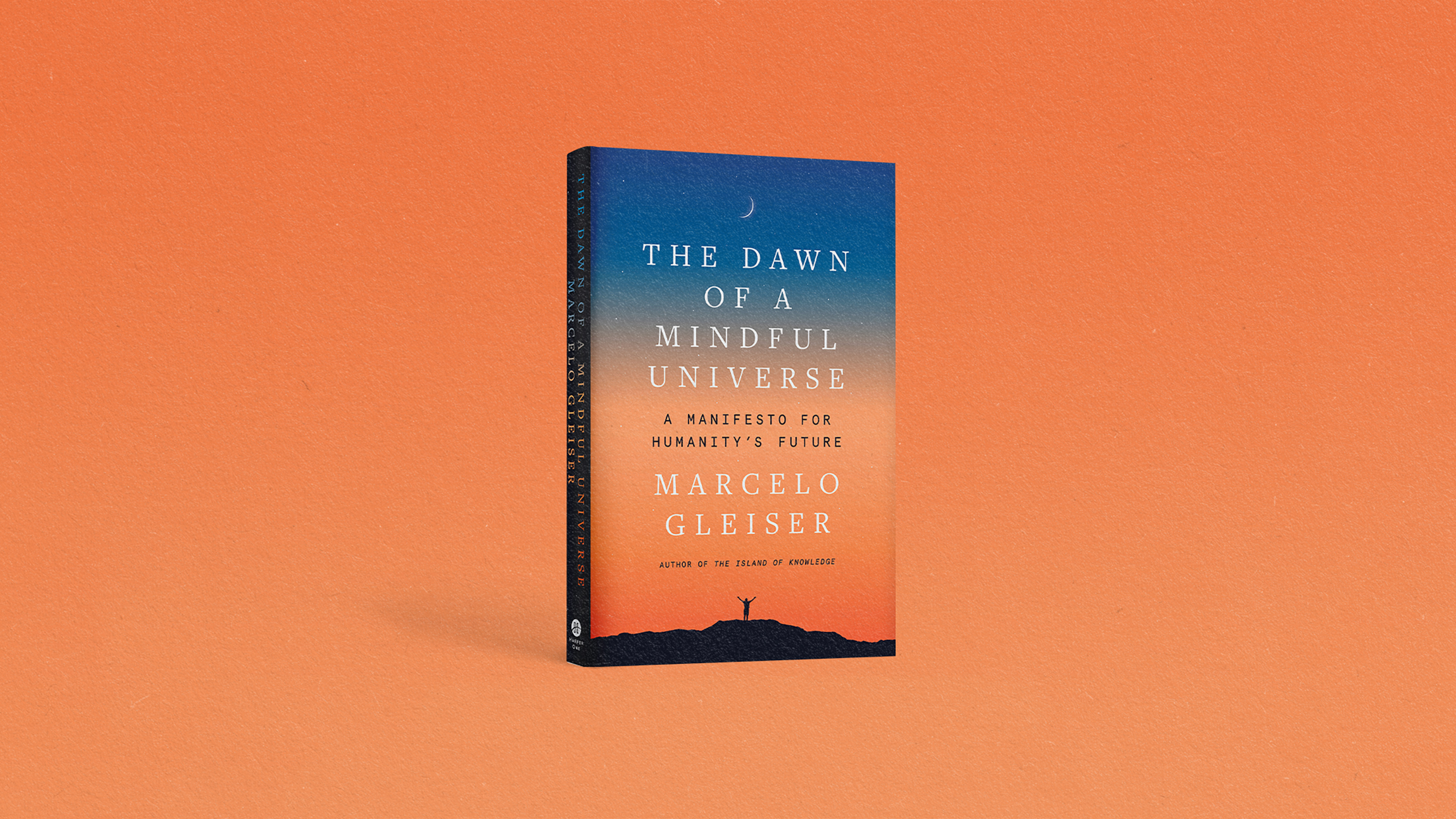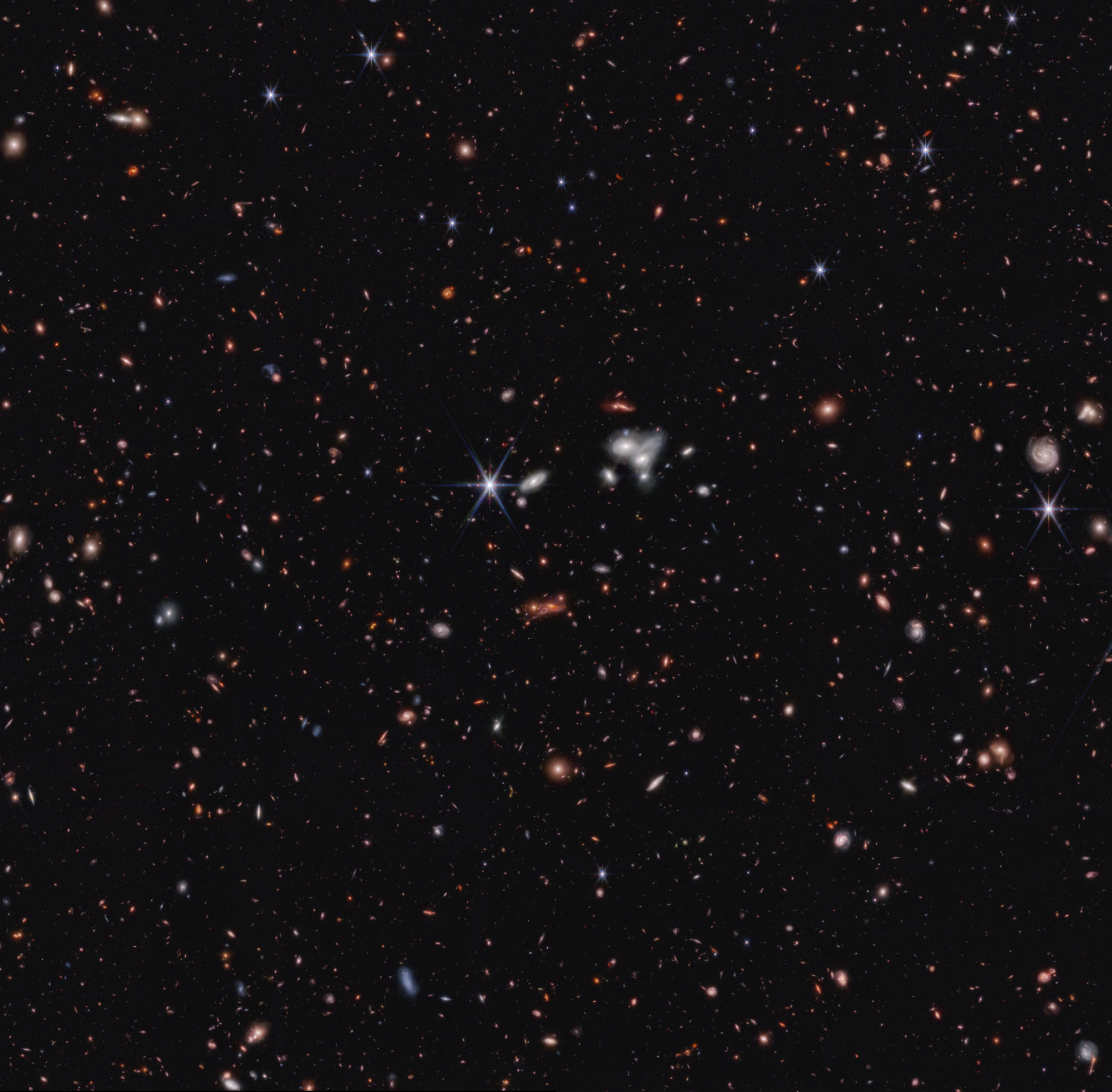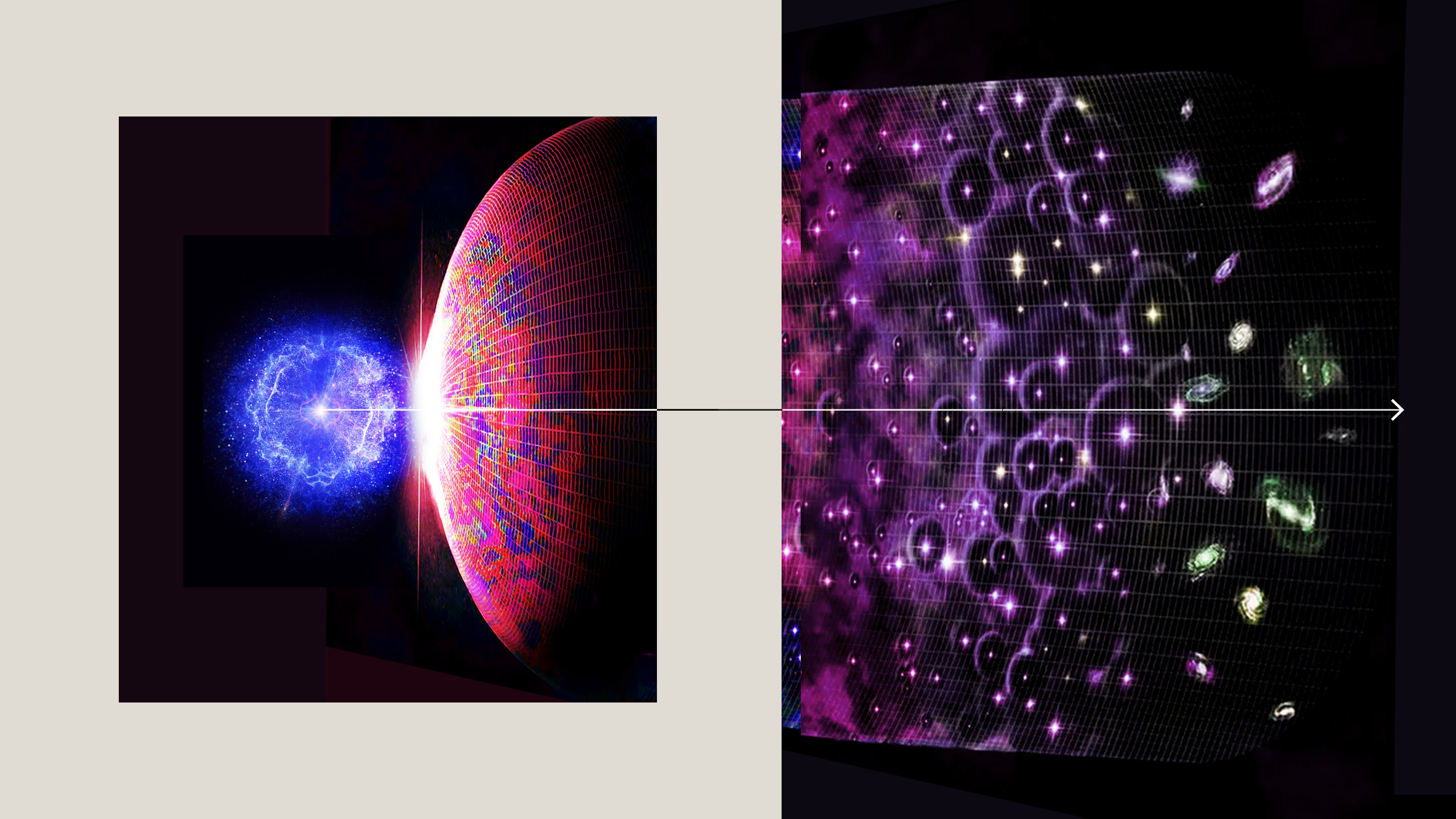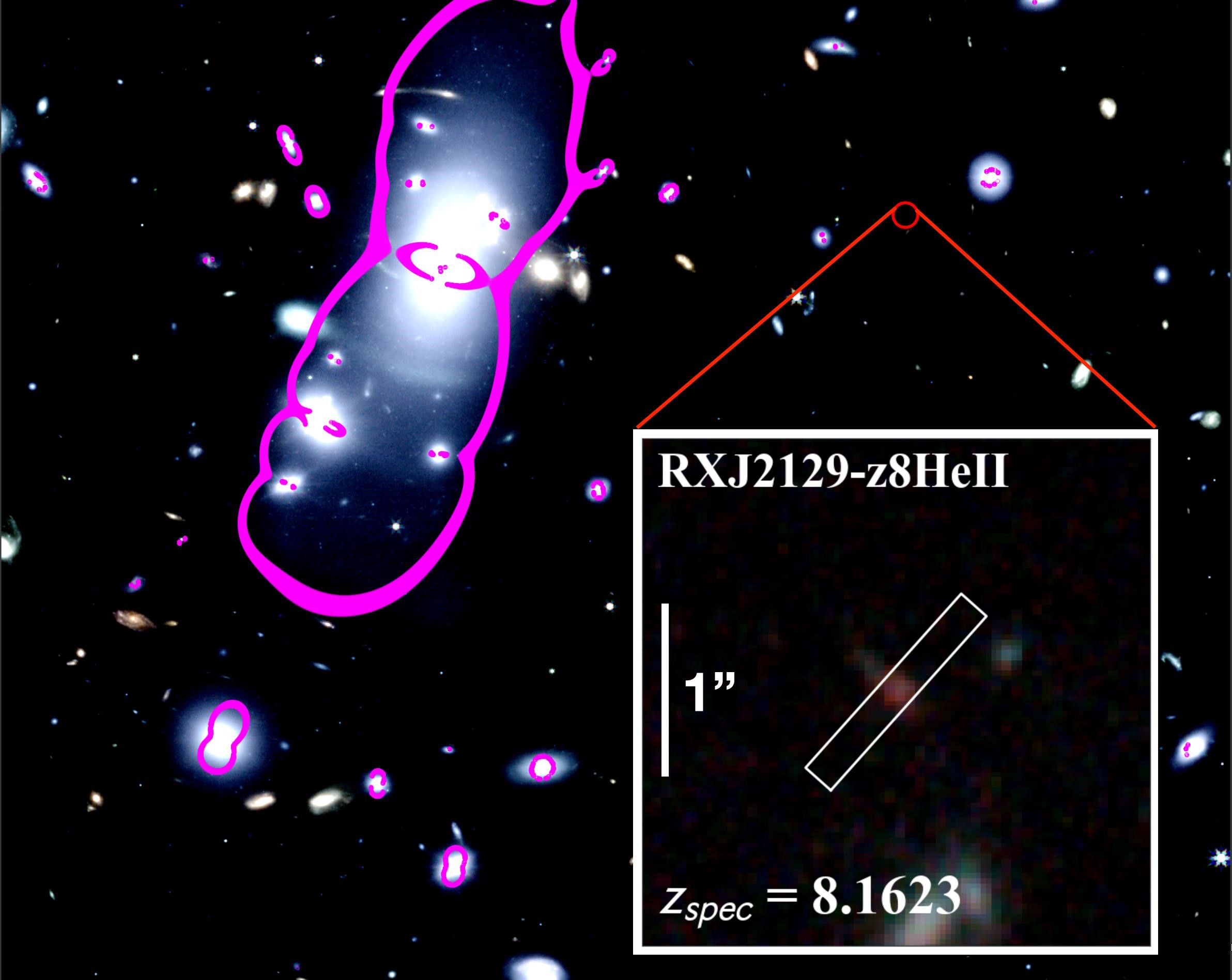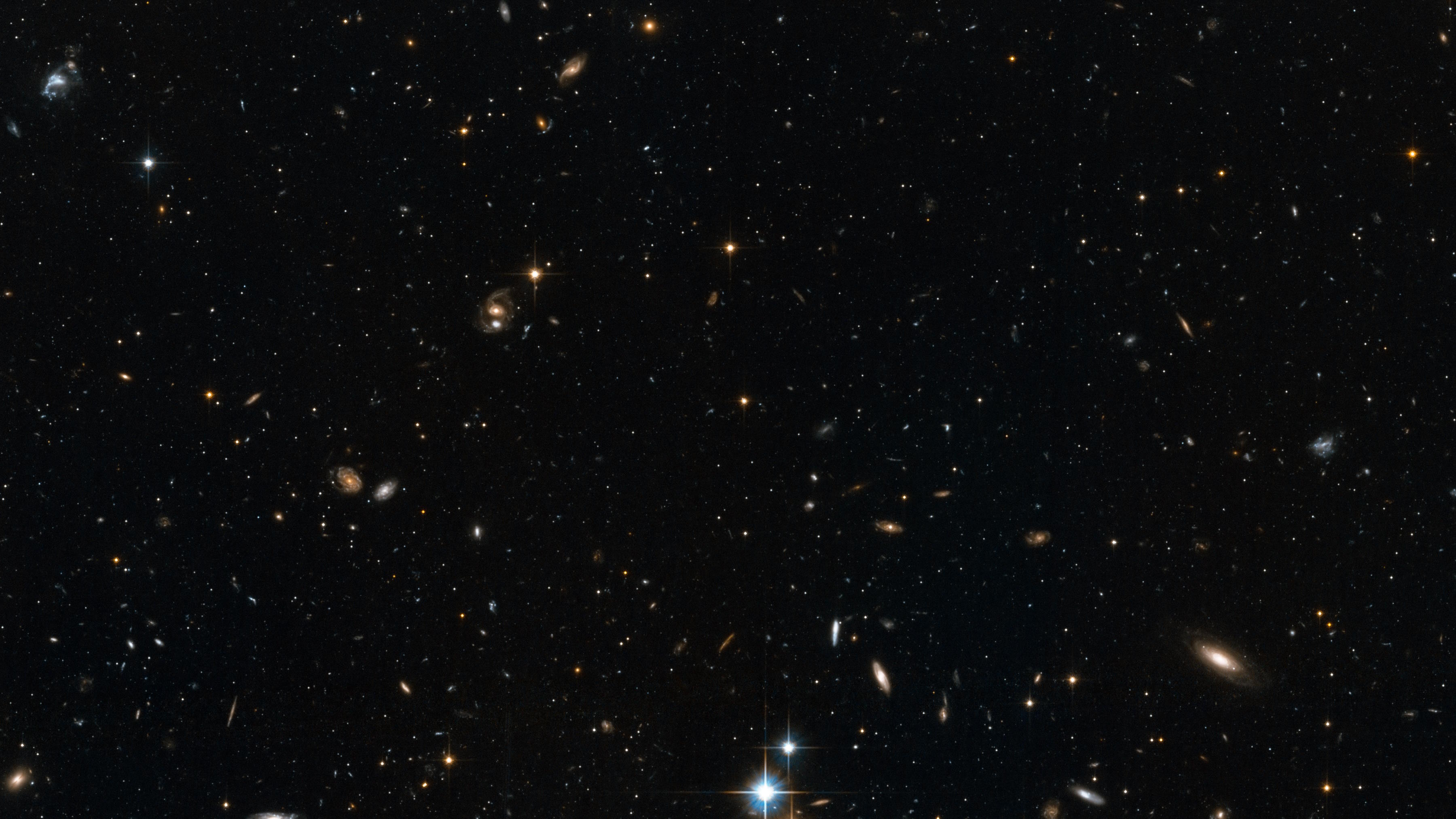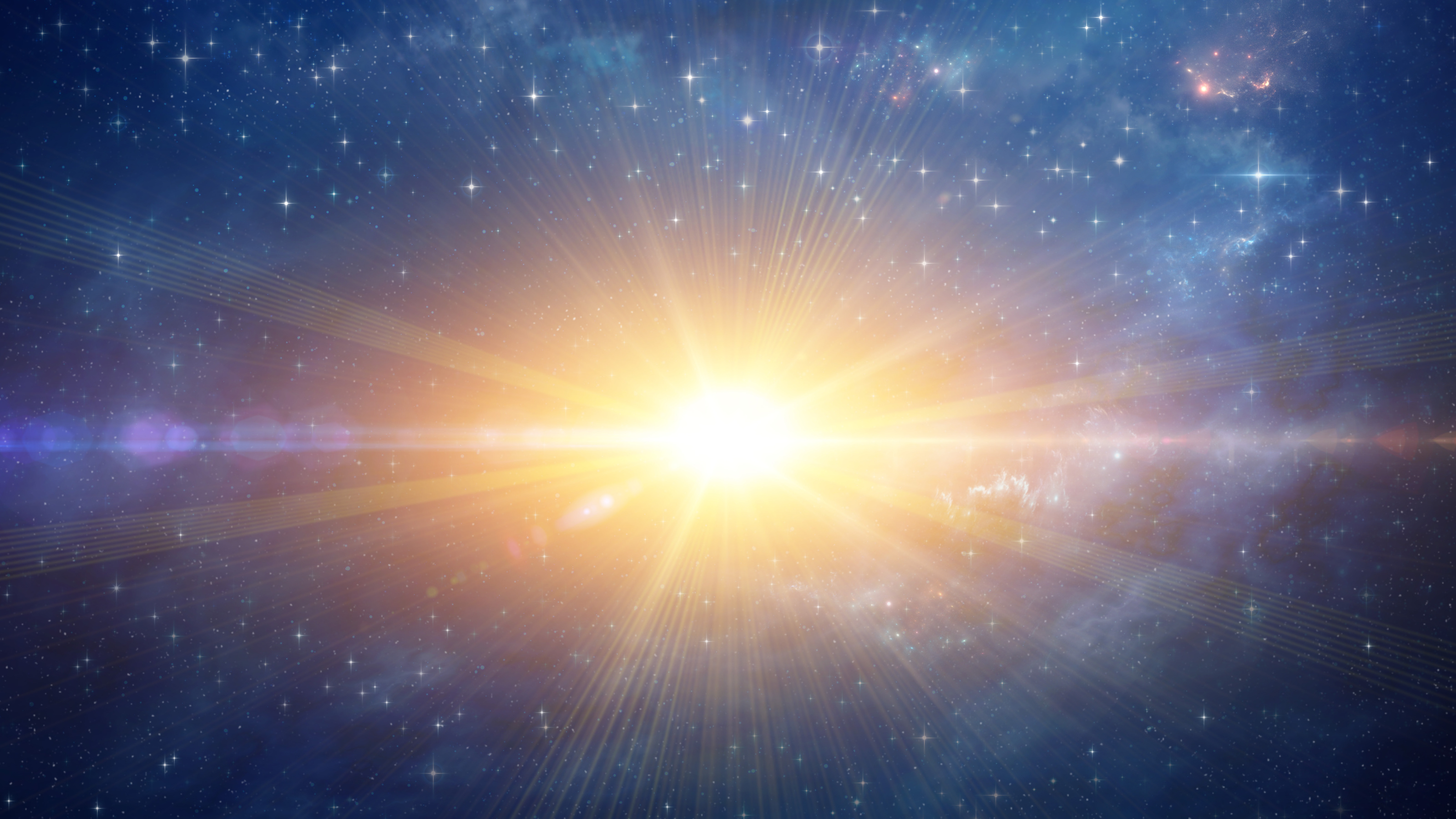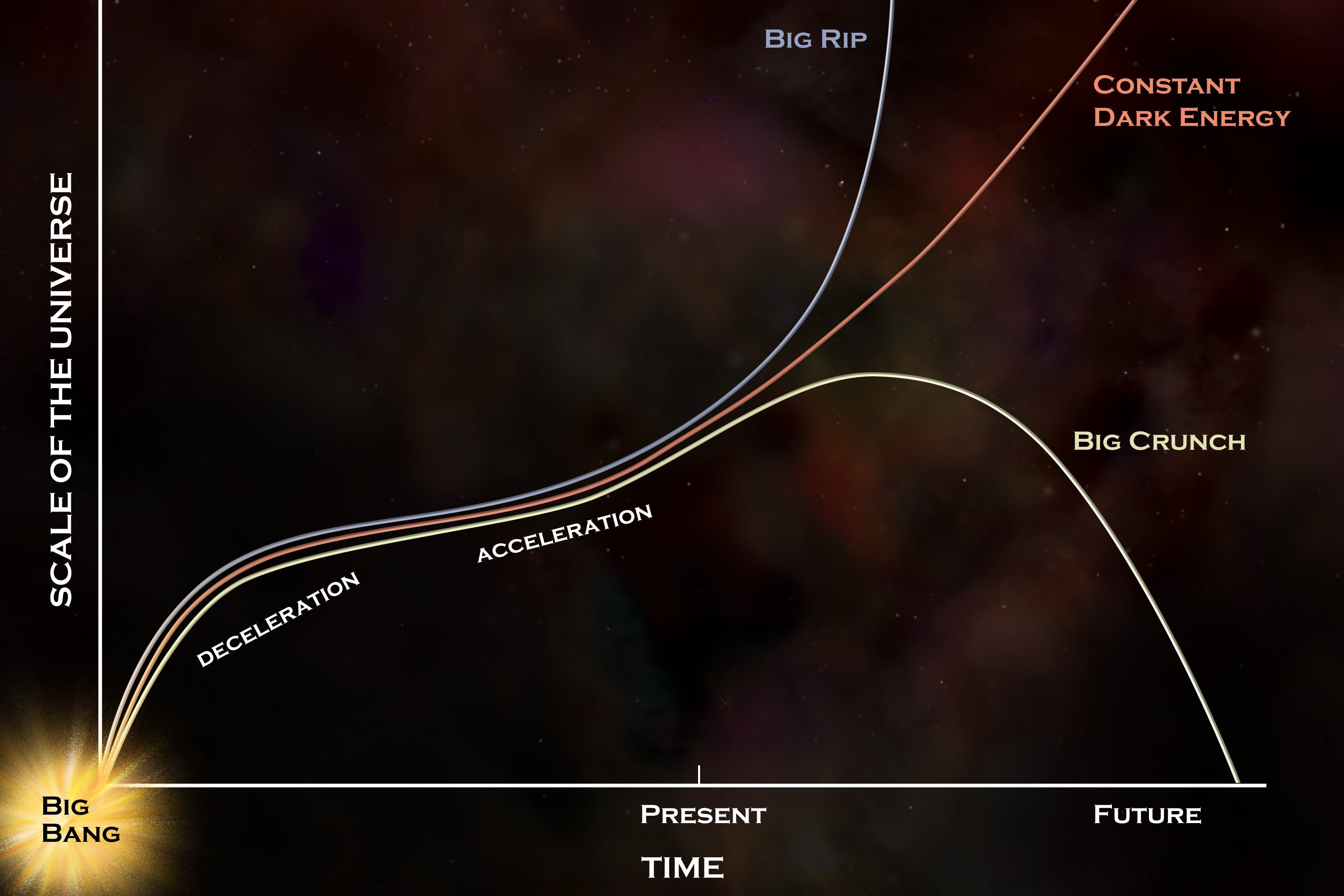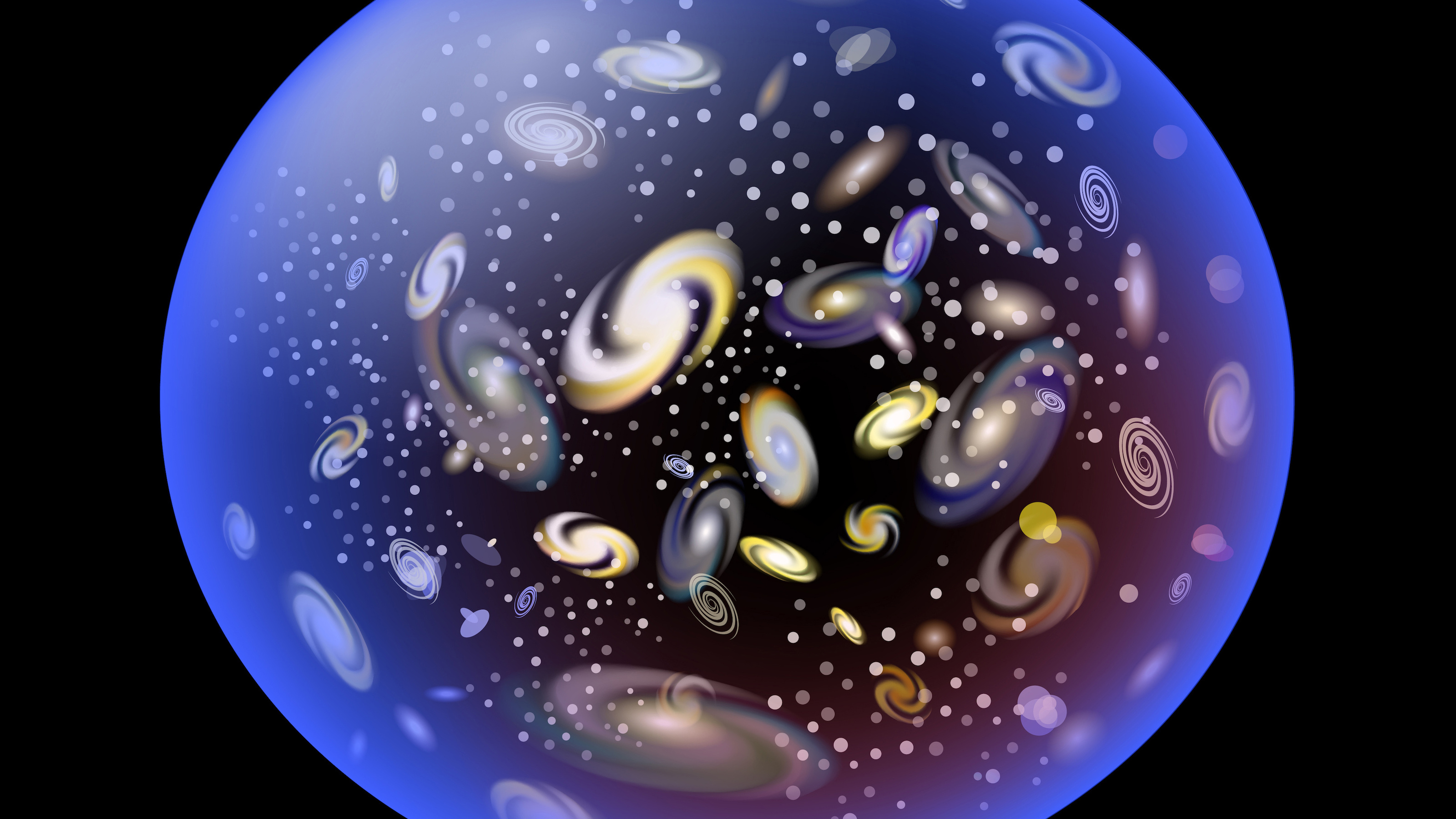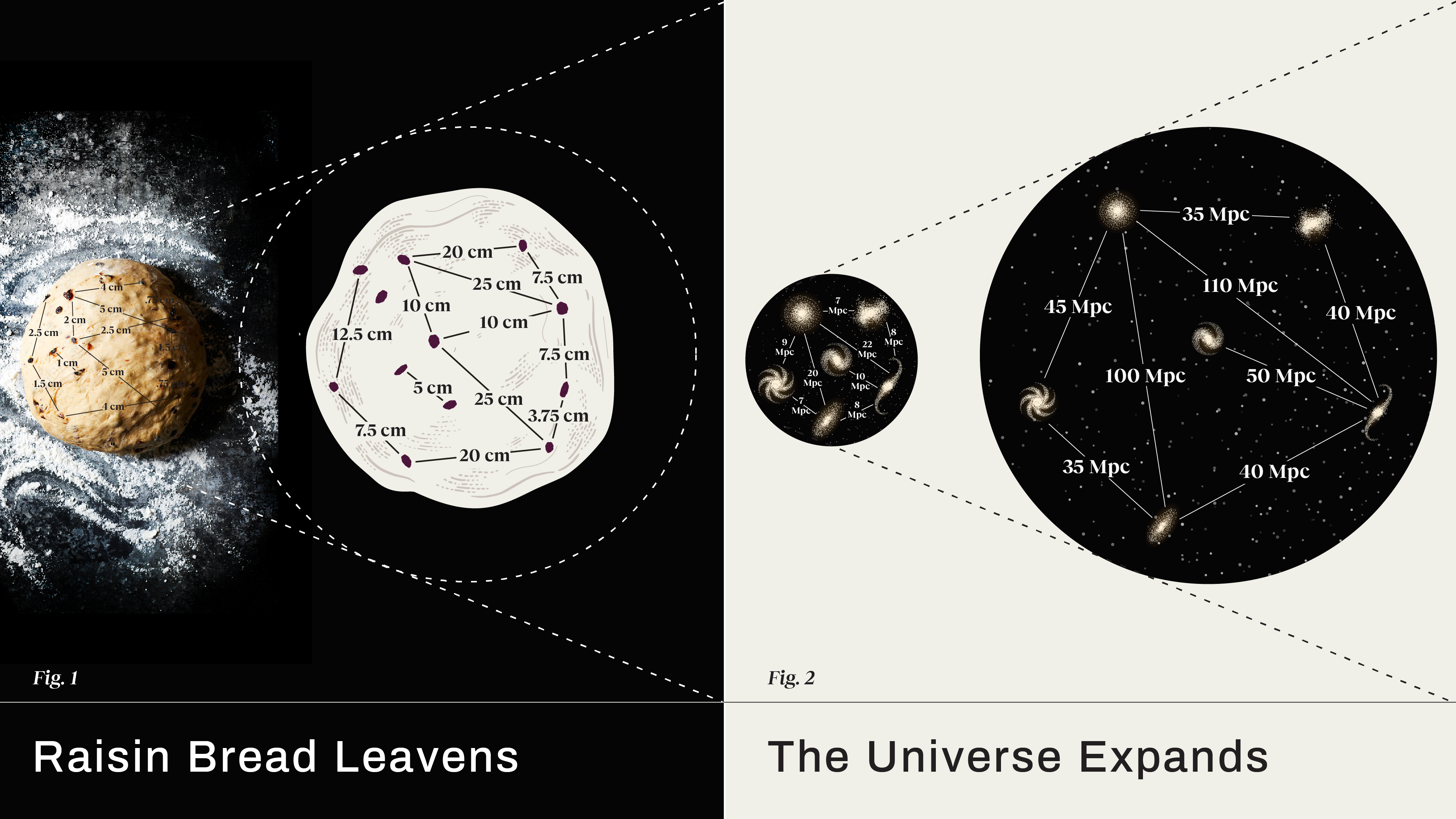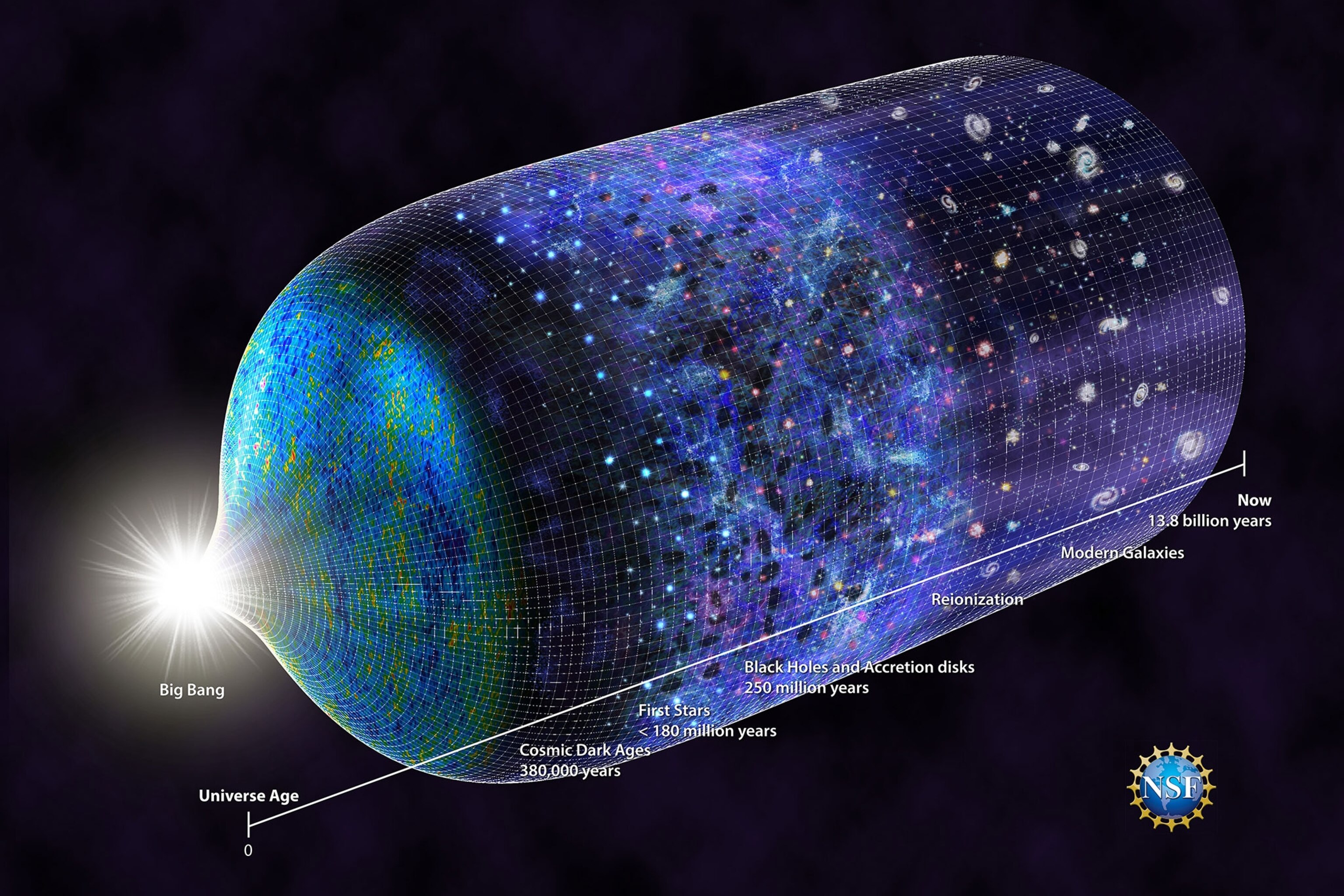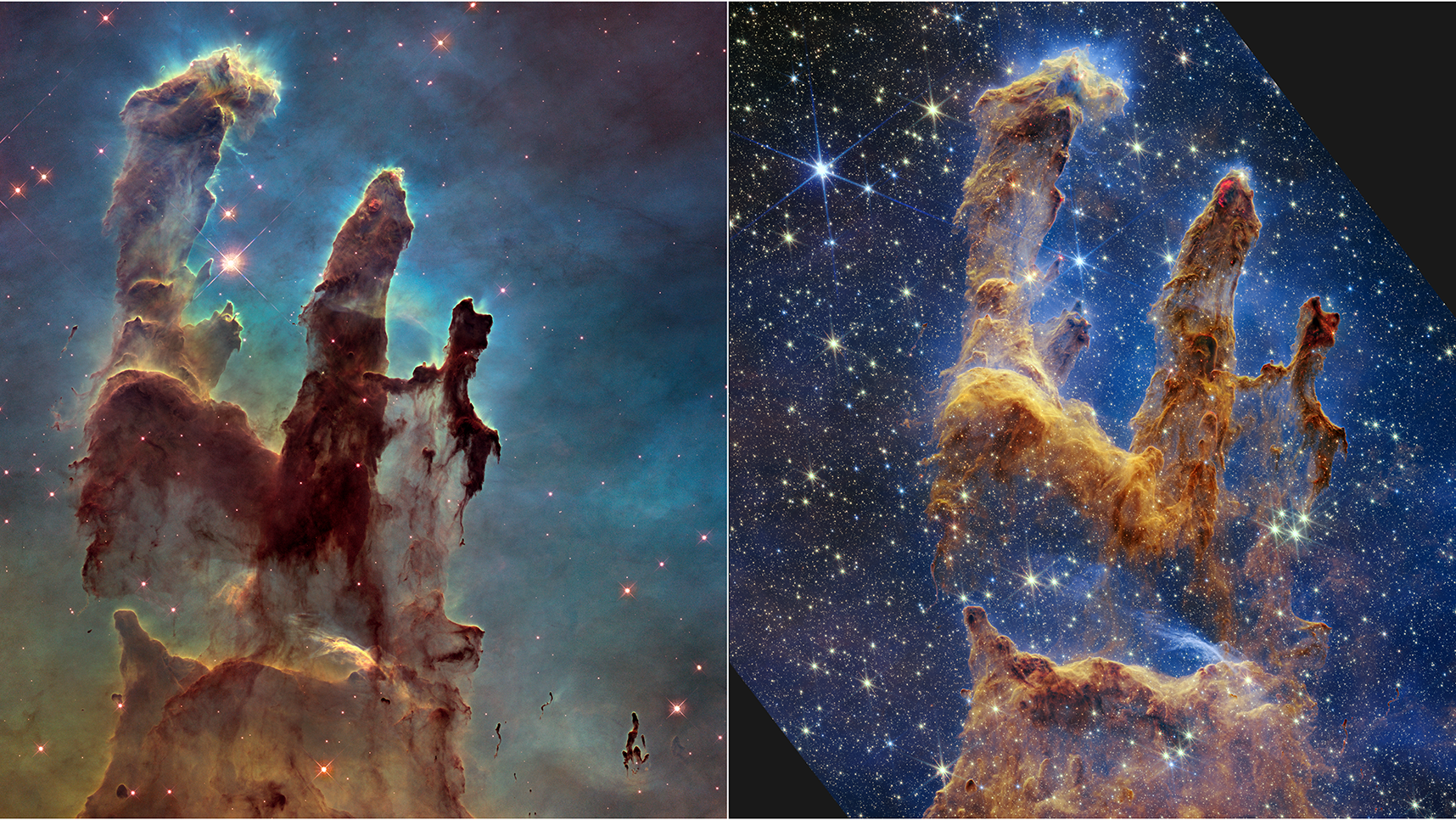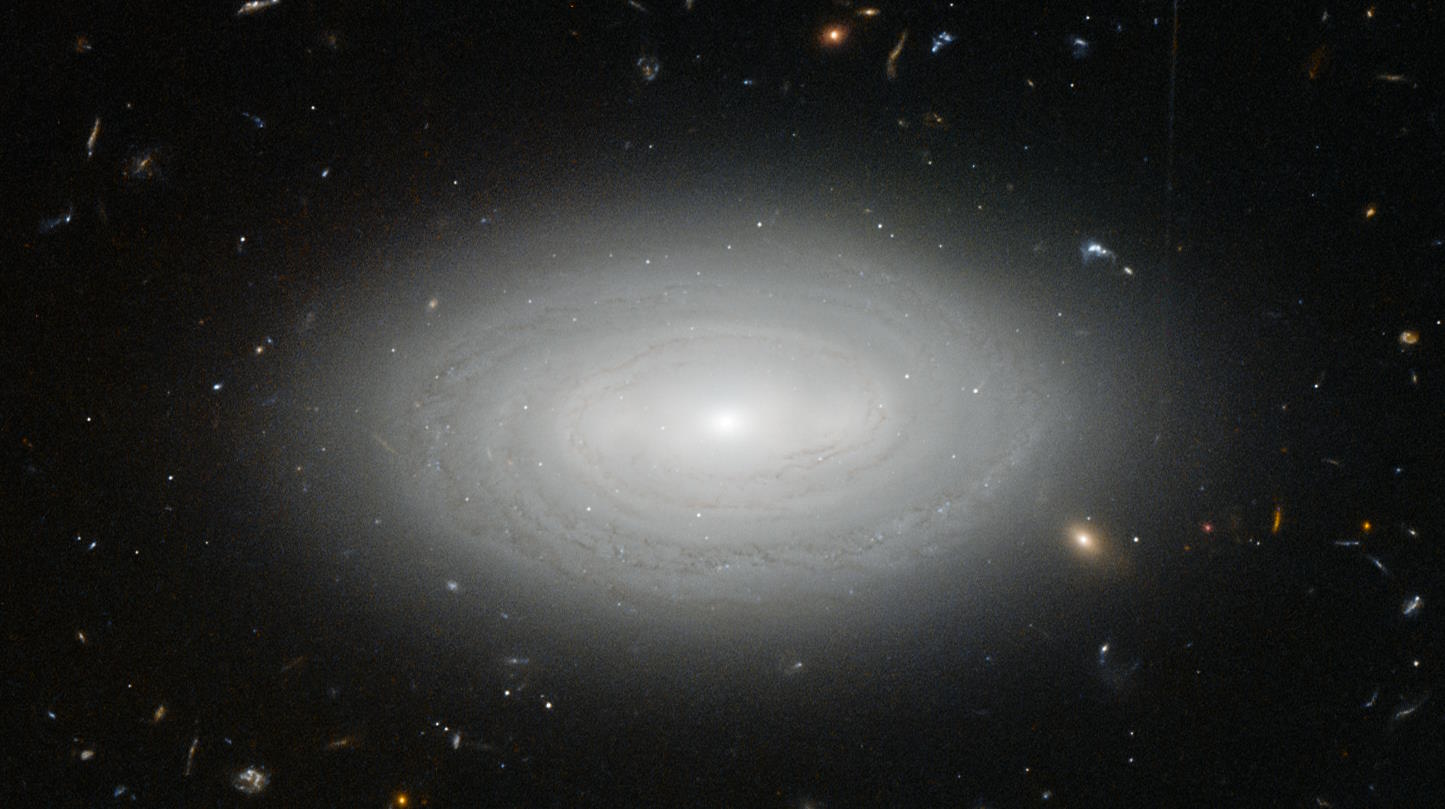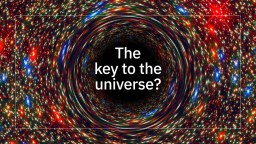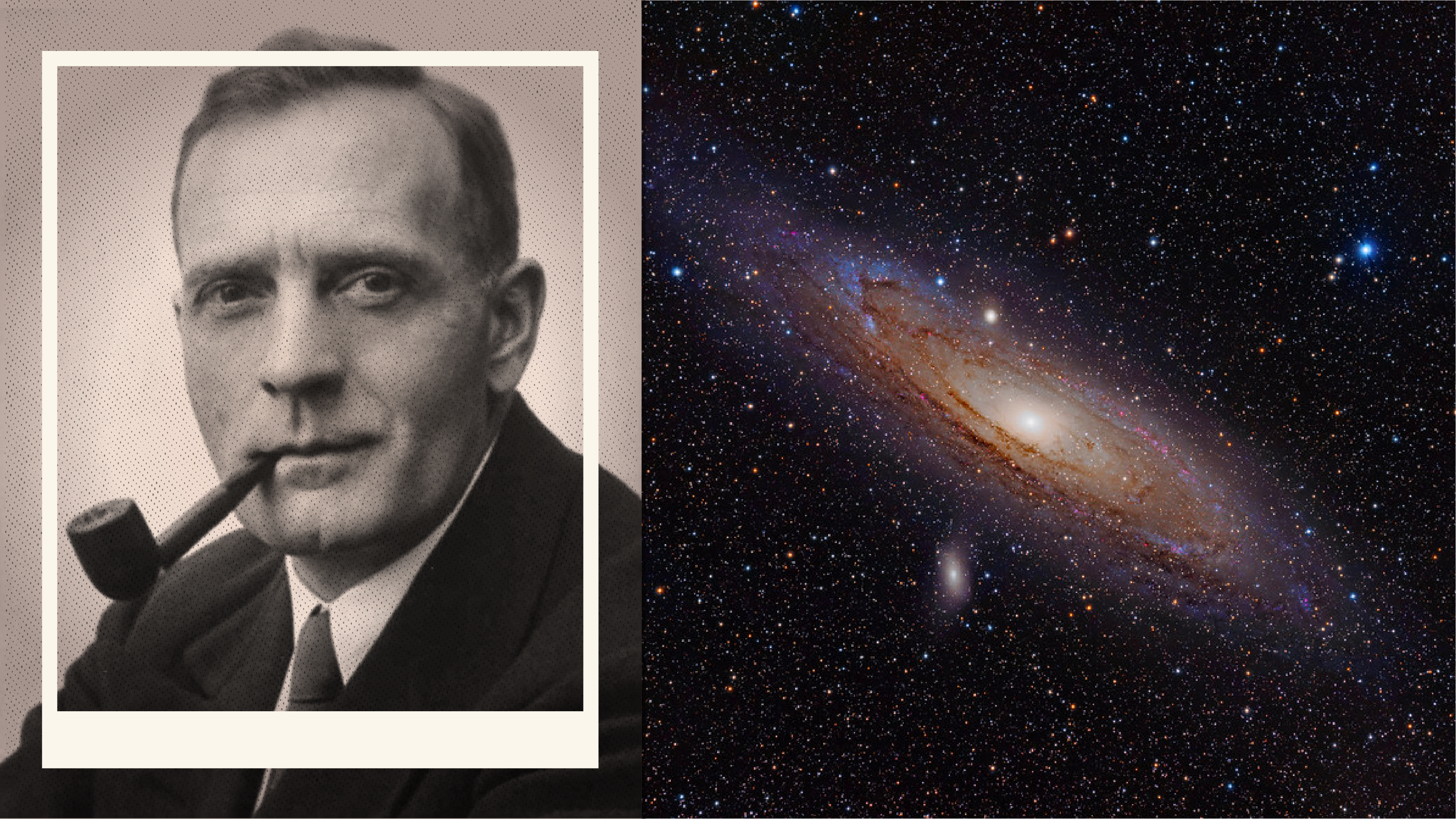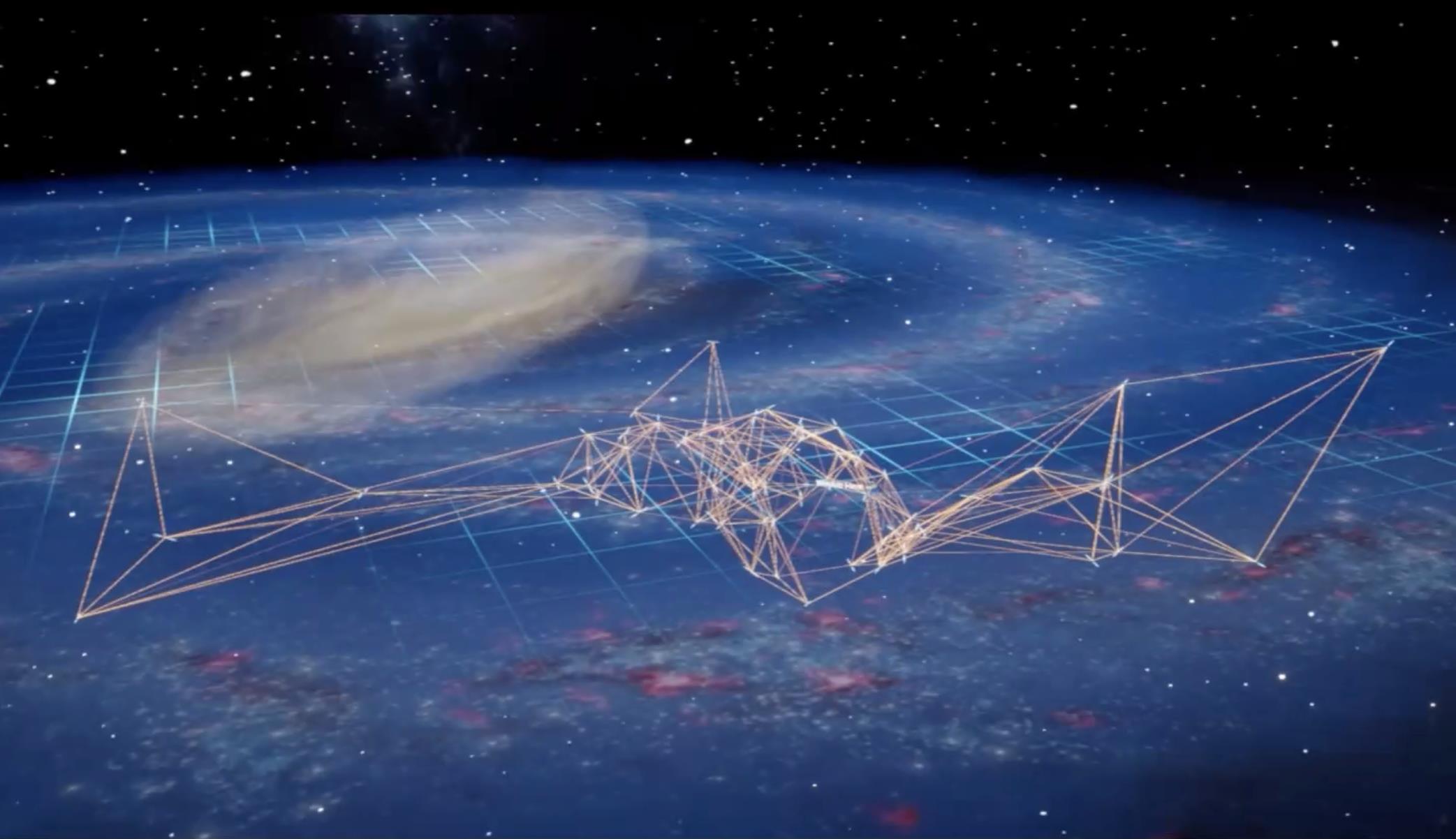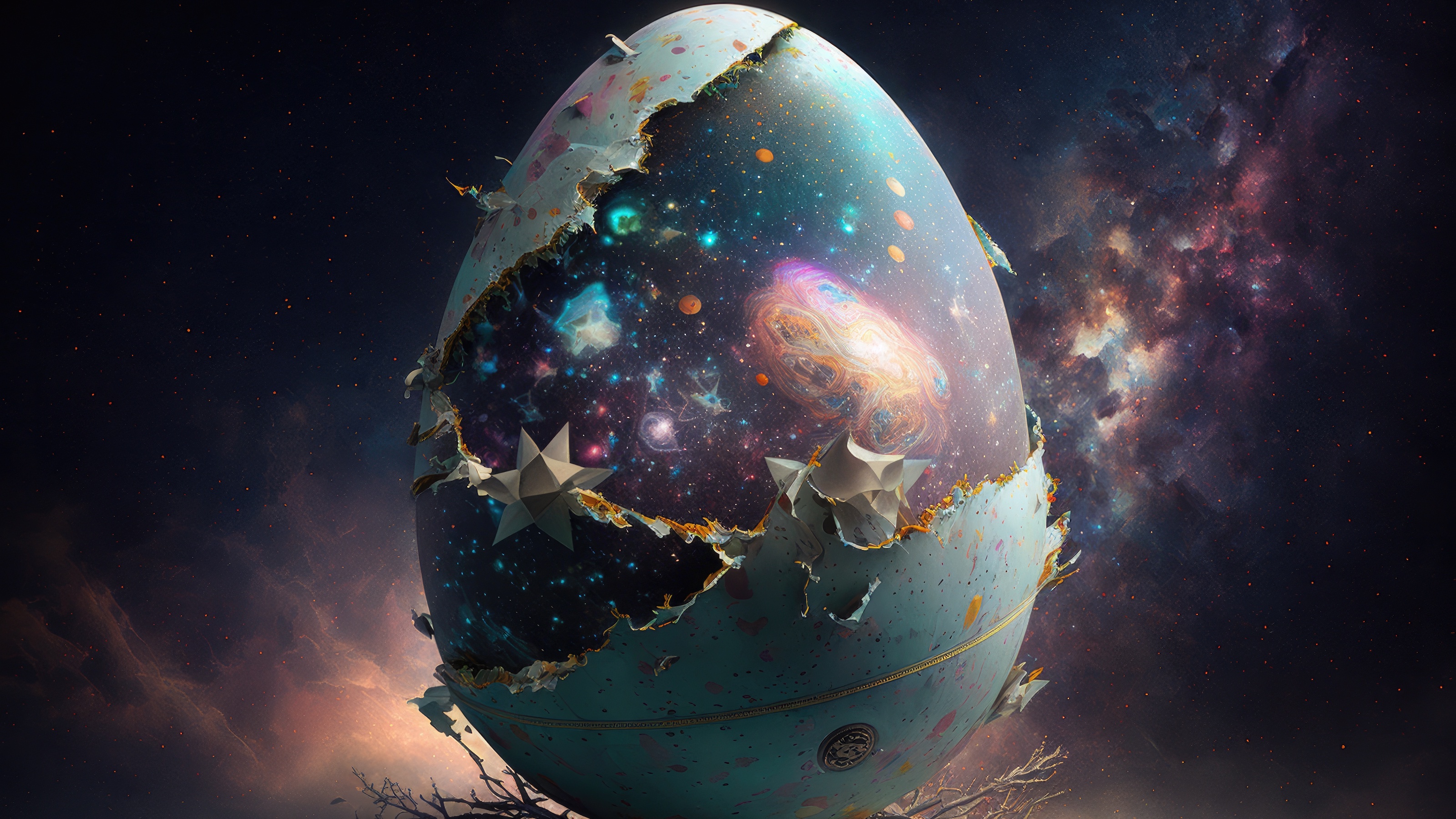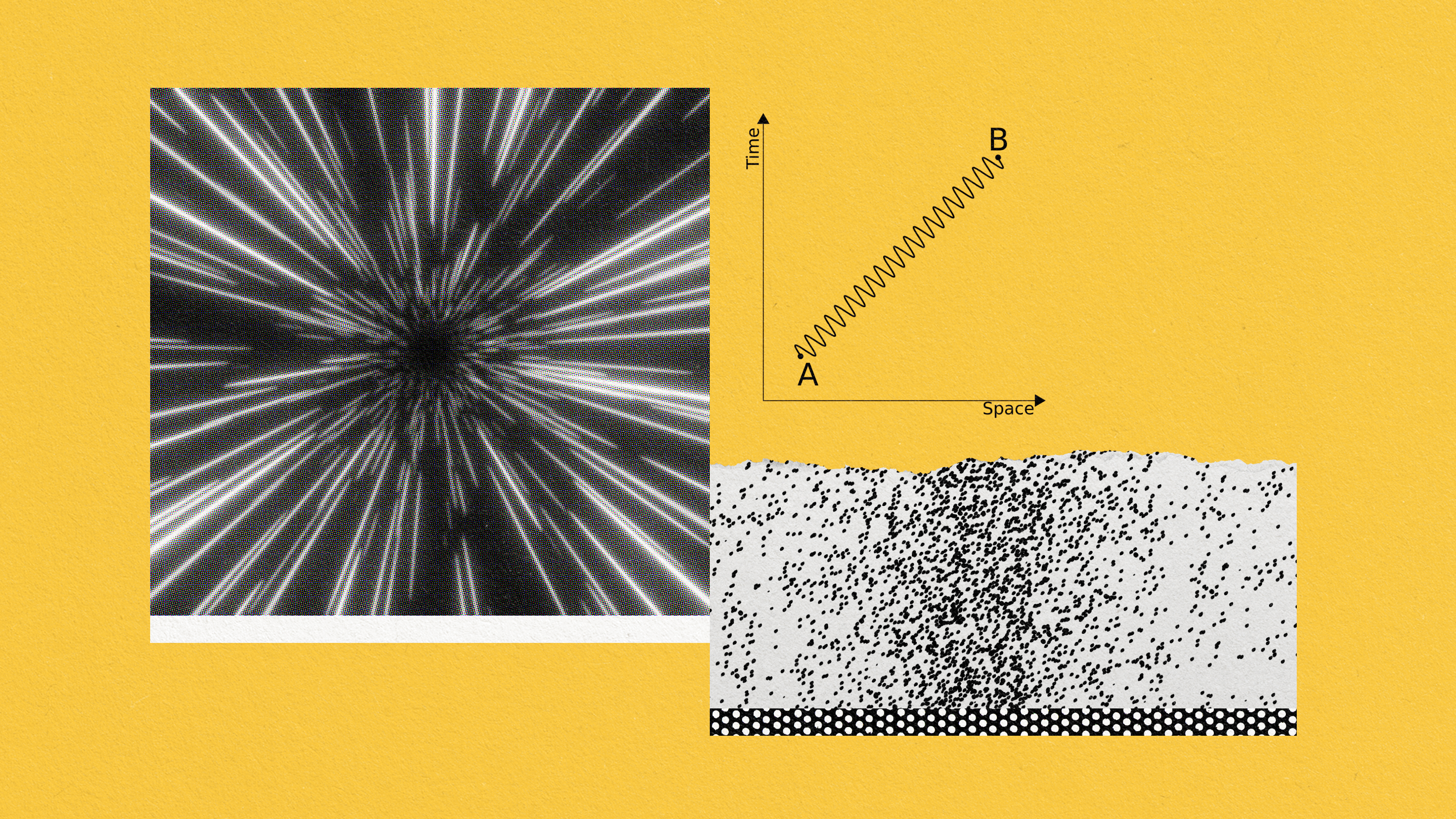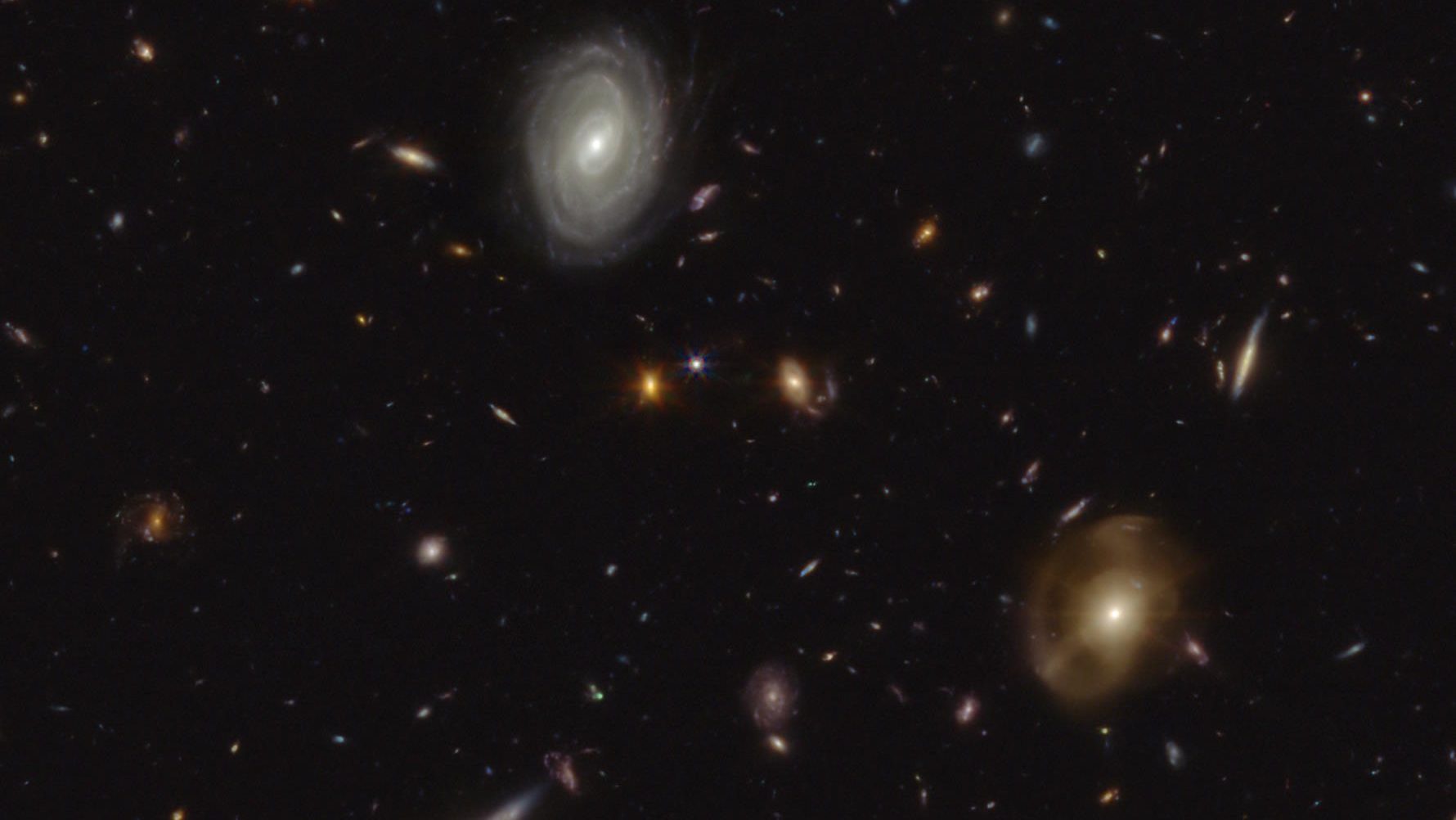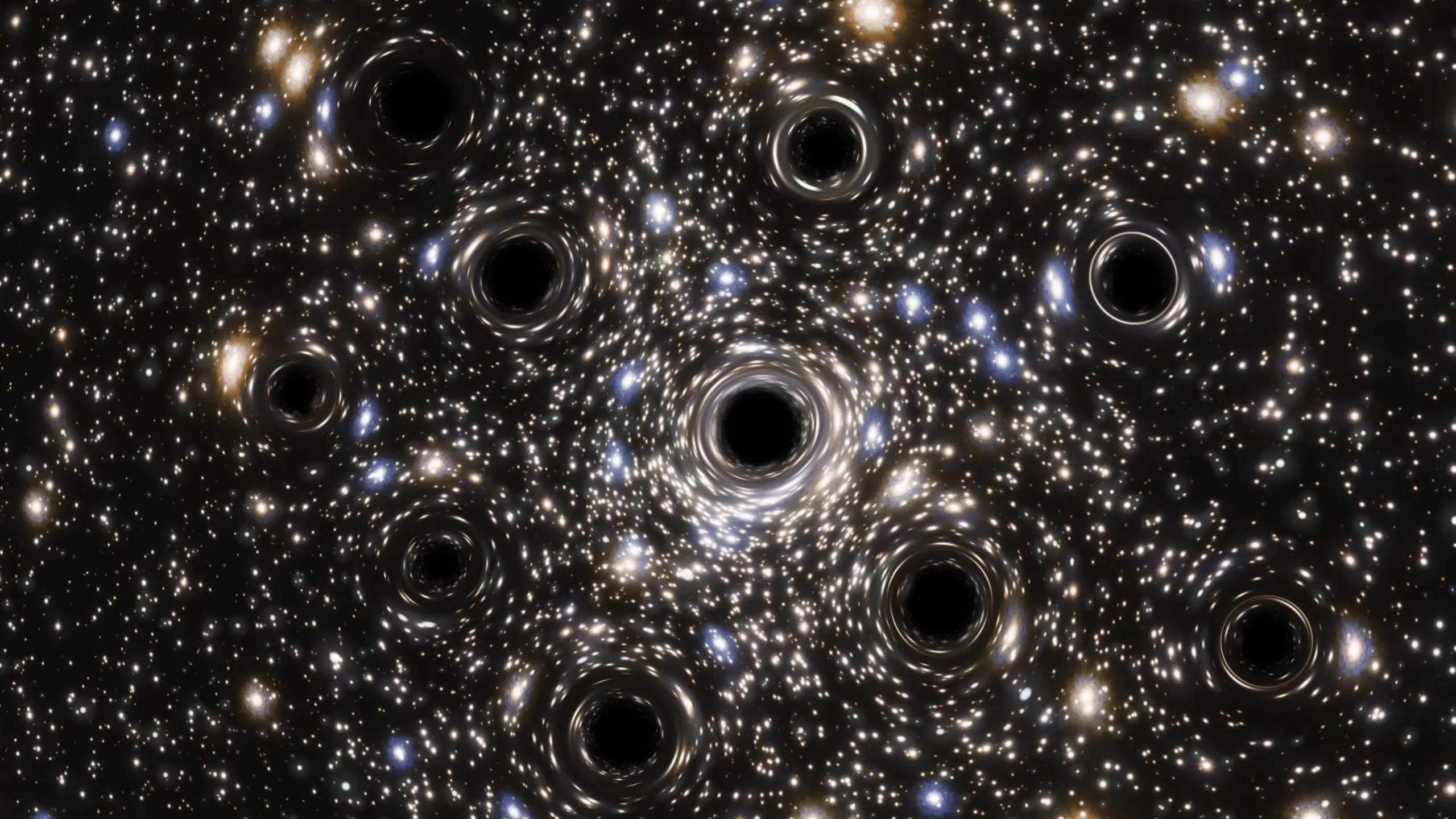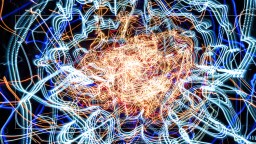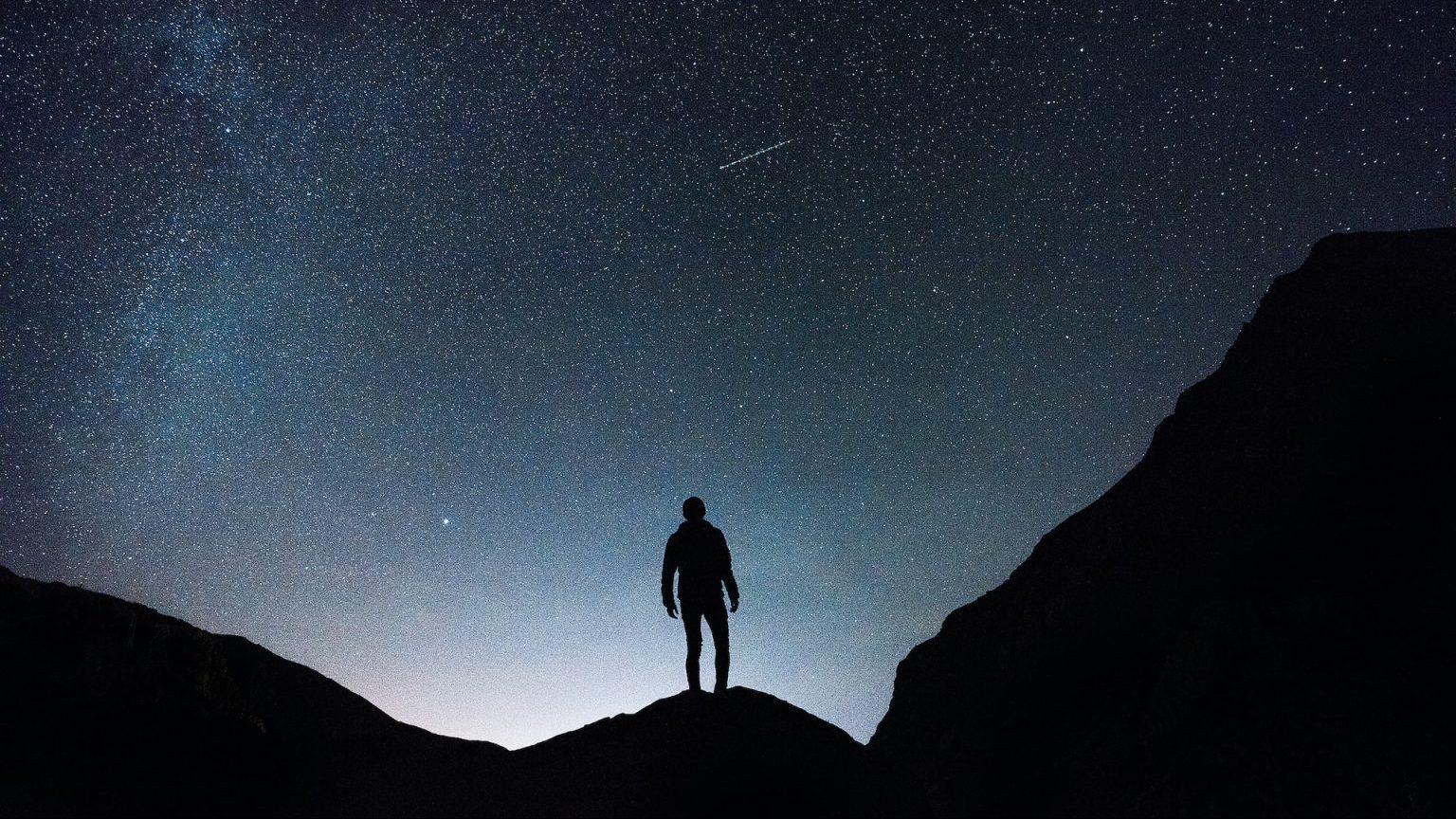Perhaps the whole Universe is the result of a vacuum fluctuation, originating from what we could call quantum nothingness.
Search Results
You searched for: Universe
There is no such thing as a void in the Universe.
Since JWST first glimpsed the Universe, we’ve entered a new era in understanding the earliest objects in the Universe. What have we learned?
From ancient Greek cosmology to today’s mysteries of dark matter and dark energy, explore the relentless quest to understand the Universe’s invisible forces.
So far, Earth is the only planet that we’re certain possesses active life processes. Here’s what we shouldn’t assume about life elsewhere.
While the concept stretches back centuries, it has garnered significant attention in recent decades.
On the largest of cosmic scales, the Universe is expanding. But it isn’t all-or-nothing everywhere, as “collapse” is also part of the story.
The Universe certainly formed stars, at one point, for the very first time. But we haven’t found them yet. Here’s what everyone should know.
Physicists have increasingly begun to view life as information-processing “states of matter” that require special consideration.
The Universe is precisely dated at 13.8 billion years old, but astronomers claim the Methuselah star is 14.5 billion years old. What gives?
The expanding Universe, in many ways, is the ultimate out-of-equilibrium system. After enough time passes, will we eventually get there?
For nearly 25 years, we thought we knew how the Universe would end. Now, new measurements point to a profoundly different conclusion.
The mutual distance between well-separated galaxies increases with time as the Universe expands. What else expands, and what doesn’t?
The evidence that the Universe is expanding is overwhelming. But how? By stretching the existing space, or by creating new space itself?
From the earliest stages of the hot Big Bang (and even before) to our dark energy-dominated present, how and when did the Universe grow up?
In many ways, we are still novices playing with toy models seeking to understand the stars.
The most common element in the Universe, vital for forming new stars, is hydrogen. But there’s a finite amount of it; what if we run out?
There are so many problems, all across planet Earth, that harm and threaten humanity. Why invest in researching the Universe?
With no other galaxies in its vicinity for ~100 million light-years in all directions, it’s as isolated and lonely as a galaxy can be.
Is information intrinsic in our universe? NASA’s Michelle Thaller explains.
▸
8 min
—
with
The first observational evidence showing the Universe is expanding is 100 years old now: in 2023. Here’s the story of its 100th anniversary.
After 15 years of monitoring 68 objects known as millisecond pulsars, we’ve found the Universe’s background gravitational wave signal!
What would become the Big Bang model started from a crucial idea: that the young Universe was denser and hotter.
From a photon’s viewpoint, the Universe is timeless and dimensionless.
While humanity has been skywatching since ancient times, much of our cosmic understanding has come about only recently. Very recently.
For the first time, astronomers have created a data-driven estimate for how many black holes are in our Universe: more than anyone expected.
Physicist Sean Carroll on entropy, complexity, and the origins of life:
▸
6 min
—
with
Yes, the Universe is expanding, but if you’ve ever wondered, “How fast is it expanding,” the answer isn’t in terms of a speed at all.
A proponent of panpsychism argues moral truth is inherent in consciousness.
